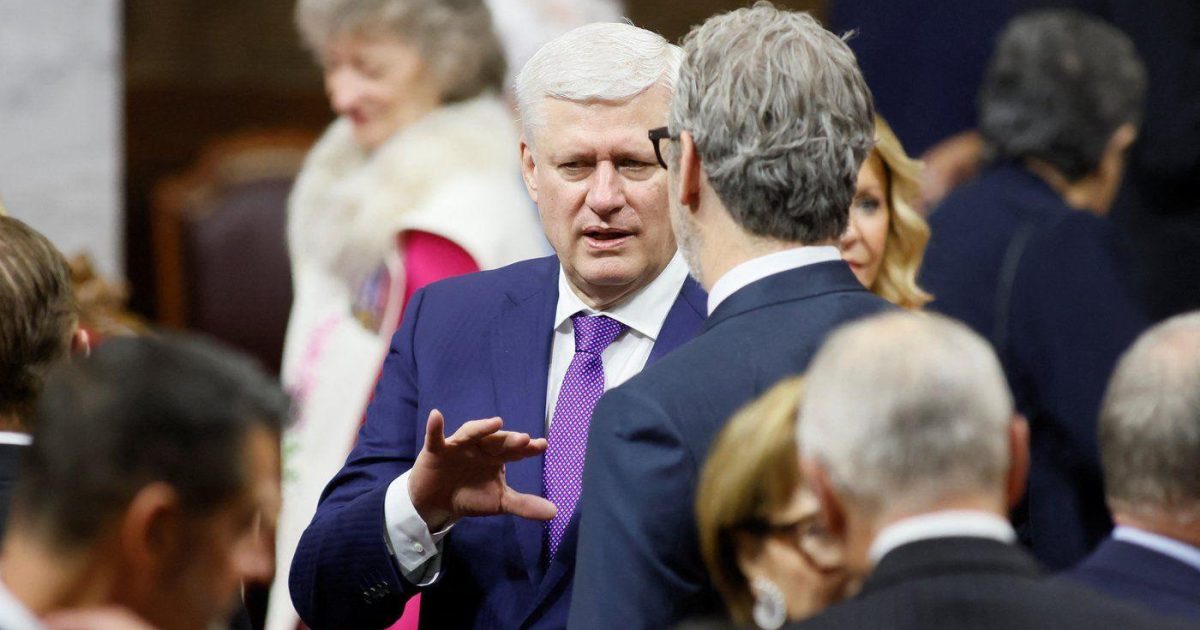Canada is stuck with 35pc. The EU is on 15pc. Switzerland is on 39pc while India is on 25pc, with the rest of the world somewhere between those levels.
The UK’s trade deal with America is the best in the world. Starmer must use this to boost investment

www.telegraph.co.uk
The basic rate of 15 per cent that will now be
charged on most European goods entering the US was perhaps not coincidentally the same rate that Trump had extracted from Japan in a similar deal last week. It is the same rate that could, pending an announced review, become a new general norm in US foreign trade relations. It is also substantially higher than the less than 2 per cent effective rate that the US charged the EU before Trump returned to office.
The sneering reaction to his agreement with the EU fails to capture the upsides of his approach

www.telegraph.co.uk
I just did a fast check of exchange rate histories.
The market has regularly revalued currencies by more that 15% within the last 10 years. On Aug 10 2024 the Japanese Yen was trading at .0062 of a USD. That is its 5 year low. Currently it is trading at .0068. Its 5 year high is December 26 2020 when it traded at .0097. On that date the American consumers were paying 52% more for Japanese goods than they were on Aug 10 of last year, and 42% more than they are now. Adding 15% to the current .0068 level only brings the cost of Japanese imports to the US up to .0078 or the level last seen due solely to market exchange rates in August 2023. It was consistently above that for years prior.
The Euro is currently trading at 1.16 to the USD. The 5 year low is .97 and the high is 1.21. The hi-lo difference is 25%. The tariff is 15%.
The CAD is currently trading at .73 USD to the CAD. The 5 year low is 0.56 (Dec 21, 2024) and the high is .83. Difference is 43%.
If I go back a little farther to the Harper era, coming out of the Chretien-Martin era when the rate was as low as .63, the rate was allowed to rise to 1.07. That swing was 70%.
Our tariff is assessed at 35%.
I don't deny that these tariffs hurt. I do deny that they are economy killers. The market itself provides, and manages, much greater volatility.
The difference is that Donald has taken some of that volatility into his own hands and normalized its use in pursuit of government objectives. He has added.
And the markets are reacting accordingly. Which is to say they are not over-reacting. Unlike some politicians.
Politicians require stability a lot more than markets do. Markets are quite happy with a bit of chaos. That used to be the difference between London and Paris - the Stock Exchange versus the dirigistes.
Teddy Roosevelt believed in talking softly and carrying a big stick. He had two of them that he brandished comfortably - the White Fleet and tariffs.






